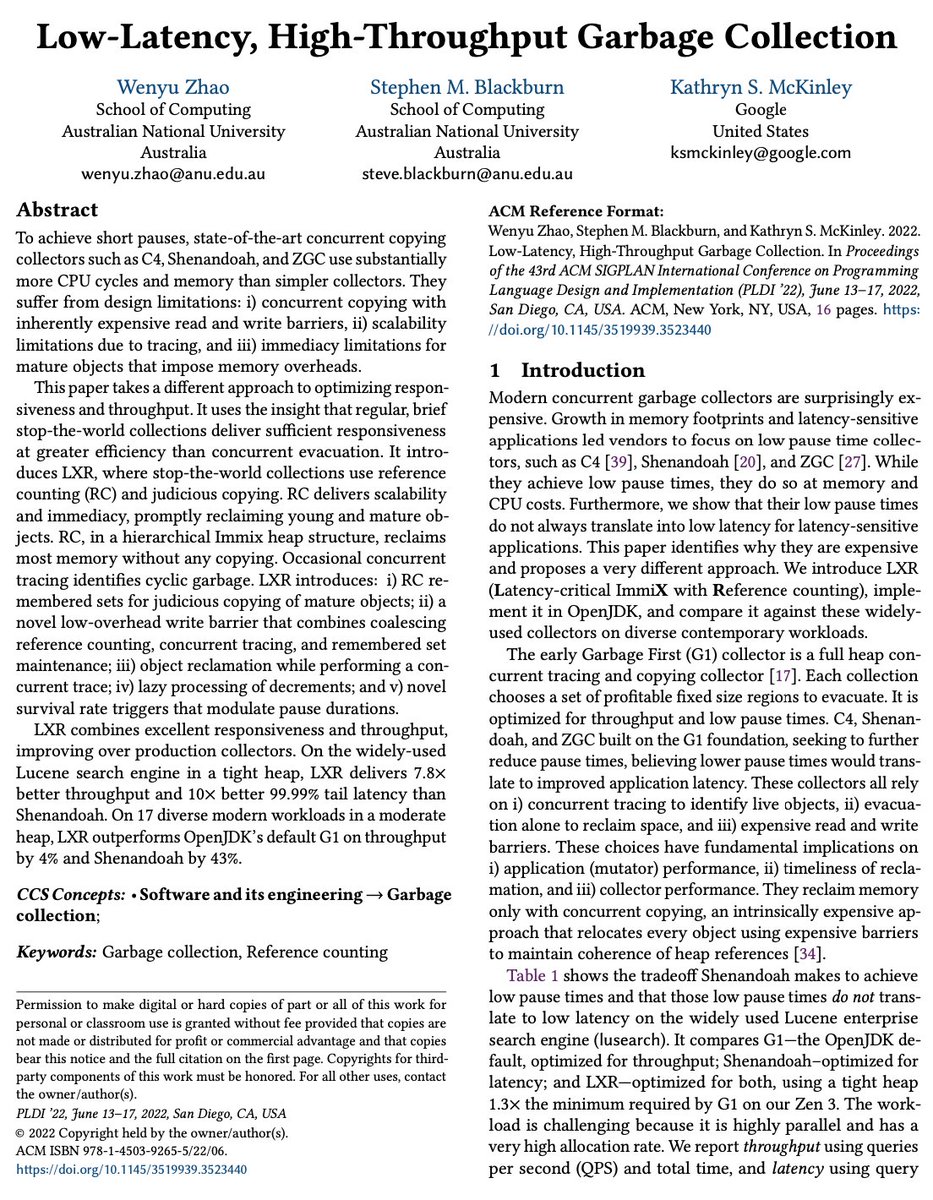...and it was incredible. They were just amazing.
The last time I heard a band so on fire was decades ago... ...probably the Oils at the ANU bar (with Hunters & Collectors as the support act!).
A fantastic tribute to #ReconciliationDay.
The last time I heard a band so on fire was decades ago... ...probably the Oils at the ANU bar (with Hunters & Collectors as the support act!).
A fantastic tribute to #ReconciliationDay.
Opened with Lucky Country, closed with My Country, went through entirety of Diesel & Dust, with plenty of Postcard & 10...1 & lots more in between.
I feel very satisfied indeed.
I feel very satisfied indeed.
• • •
Missing some Tweet in this thread? You can try to
force a refresh


















